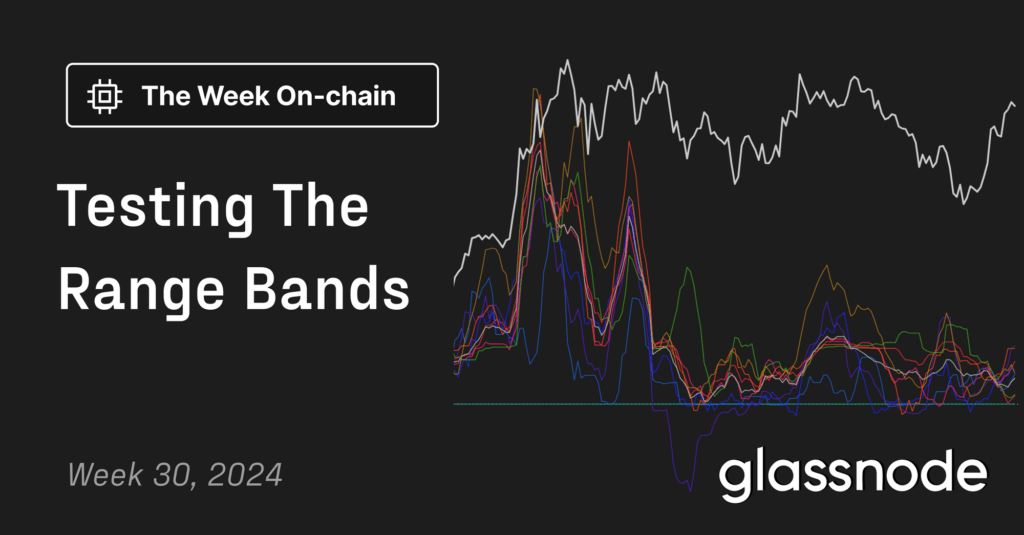Research Summary
The report provides answers to frequently asked questions about web3 governance, based on Hall’s academic research and experience in the field. The guide emphasizes that there’s no single optimal design for web3 governance; it depends on the specific goals of the project. It discusses various aspects of governance, including the goals, participation, delegation, scope, timeline, and protection against governance attacks. The guide also highlights the importance of balancing expertise with widespread participation and the role of rewards in encouraging participation.
Actionable Insights
- Understand the goals of governance: Projects should have a clear understanding of why they want decentralized governance. It could be to build trust among community members and partners or to create buy-in and user demand. The design principles for governance should align with these goals.
- Encourage participation: To increase participation in governance, projects can simplify the voting process, increase the benefits of voting and reduce the costs, and encourage community and psychological association. Direct rewards, such as monetary rewards or non-transferable badges or NFTs, can also be used to encourage participation.
- Use delegation effectively: Delegation can be used to harness expertise and encourage participation. Projects should aim to attract and retain delegates and encourage more addresses to delegate in an informed manner. Specific election days can be created to encourage the community to evaluate their delegation decisions.
- Decide what to govern democratically: Projects should decide what decisions they want to put in the community’s hands. They should consider governance minimalism, align voting power based on the project’s goals, and maintain agility.
- Protect against governance attacks: Projects should understand that governance attacks are a major threat and that governance design needs to anticipate it. They can use best practices like proposal thresholds, quorum requirements, time delays, and emergency vetoes to make governance attacks harder.











